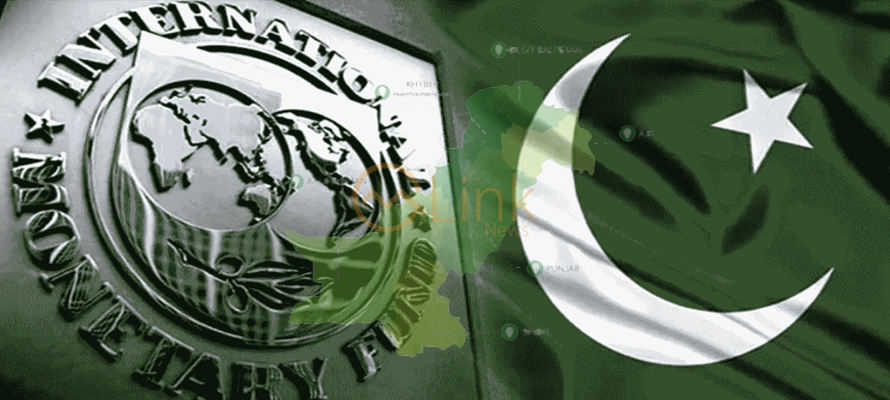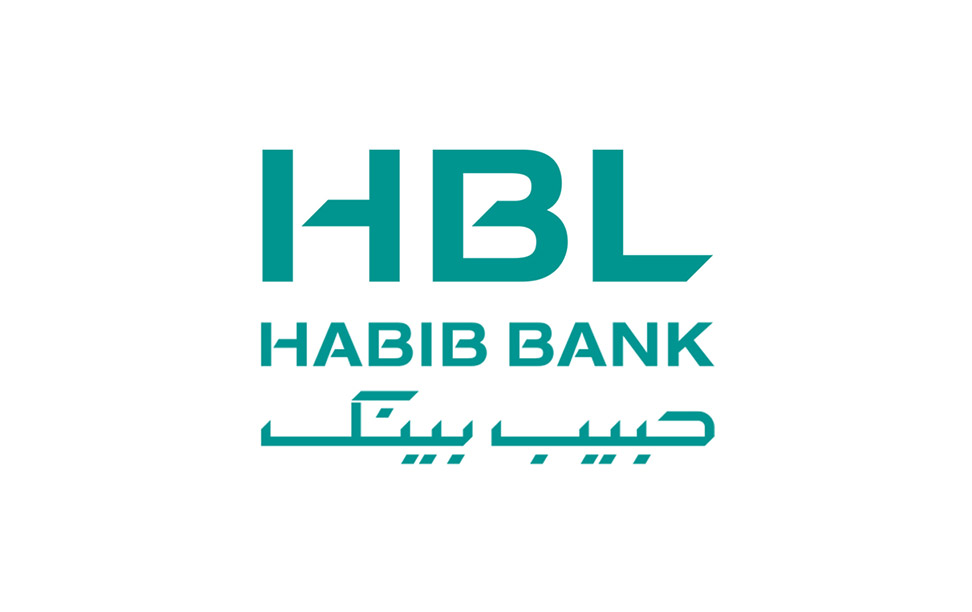June 19, 2023 (MLN): The financial bill of 2023 was an opportunity to pave the way for the release of the ninth tranche of the IMF Extended Fund Facility (EFF) program. On the contrary, it seems that the incumbent finance team has failed to capitalize on the opportunity to appease the fund.
Consequently, the budget has amplified the distance between the fund and Pakistan, paving the way for imminent default.
The trio demands of IMF one last board review before the end of June 2023 when this program expires included; (i) restoring proper functioning of the forex market, (ii) securing firm and credible financing commitments of $6 billion from friendly countries and (iii) prepare a budget which aligns with the program objectives.
However, there seemed no last-ditch effort from the Pakistani side.
The logic of the budgetary figures was questionable since day one. The projected fiscal deficit making up 80% of last year’s total budget outlay and the increase in revenue collection by 38% raised eyebrows and was bound to invite questions from the fund.
Five days after the announcement of the Rs14.5 trillion budget, IMF finally reacted to it in a way that dispelled any hope of the revival of the EFF program. The fund raised concerns mainly on the taxation measures and stressed the reforms for the energy sector.
Esther Perez Ruiz mentioned the missed opportunity in the budget to broaden the tax base. The emphasis of criticism was mainly on the amnesty scheme introduced in the budget, terming it as a damaging precedent and the violation of the objectives of the $6.5 billion ongoing program, thus depicting the nonchalant attitude of the government.
By amending Section 111(4), the government has lowered the limit of question-free remittance from Rs5,000,000 to $100,000 (rupees equivalent), an attempt to increase remittances that may support the precarious forex reserves position.
The fund also raised questions on the adequacy of new tax expenditures to support the disbursements under the Benazir Income Support Program (BISP).
The Ministry of Finance reiterated its commitment to the IMF program while responding to the IMFs concerns. It stated that 1,161,000 new taxpayers have become a part of the tax net depicting a surge of 26.38%.
The implementation of a 0.6% advance adjustable withholding tax on cash withdrawals over Rs50,000 will also be a significant step towards ameliorating the tax base. Moreover, tax exemptions will help in employment generation and its impact on fiscal position will be minimal.
With regards to amnesty, a cap of Rs10 million (approximately $100,000 equivalent) introduced in the fiscal year 2016 was being adjusted in terms of the rupee equivalence of $100,000.
In the absence of IMF program, the survival of the economy remains out of sight. With liabilities north of $20 billion approaching in the upcoming fiscal year, it remains imperative for the country to enter a new IMF deal.
However, considering Dar’s recent statement about the prerogative of the new government to enter the new program after the elections towards the end of the calendar year, the possibility of receiving funds from bilateral and multilateral partners remains grim.
The upcoming new government may also require some time to materialize funds from IMF which means the country’s economy will be facing serious-liquidity issues.
With current forex reserves just 15% of the next year’s repayment obligations, the government may consider availing market financing from Eurobonds and commercial banks. However, that too remains unlikely given the weak external account position and high funding cost.
The government may also consider rescheduling its bilateral debts which may provide a breathing space amid hefty debt repayments.
Following the IMFs response to the budget, expecting the release of tranche is now improbable. Though China’s rollover of $1 billion may provide support to the reserves position for the short term, the countdown towards a default may have started.
Mr. Dar’s recent statement making IMF the scapegoat and involving geopolitics reinforces that “All Is Not Well”. The markets are also anticipating the default of the nuclear-armed state.
The Pakistani government is stuck in a dilemma; provide breathing space to the public or appease the IMF. The former is essential to regain the lost electoral support for the upcoming elections but may lead to the country’s default.
The latter may satisfy the fund and avoid default but may take a toll on the already fading political capital. In short, “Damned if they do, damn if they don’t”.
The default of Pakistan may have far-reaching implications. Social unrest may raise its head in a country already facing the dilemma of political unrest. People are already facing the brunt of higher inflation and increased unemployment. Any ignition in the 5th highly populated nation may lead to unprecedented repercussions.
All the stakeholders need to come to the table and settle their divisions. Even in a rosy scenario where IMF releases the funds and the country gets funding from bilateral and multilateral creditors, the basics need to be set right.
Focus on broadening the tax net and curtailing the fiscal deficit. Create opportunities for youth and give them confidence, very few see any prospect in their country Bring reforms in the troubled sectors. Create a long-term strategic economic plan with all stakeholders on board.
Rollovers or debt restructuring may provide short-term relief; however, if not in 2023 then some other time, the economic castle built on weak foundations is bound to fall in the absence of an economic overhaul. It’s now or never!
Copyright Mettis Link News
Posted on: 2023-06-19T10:10:30+05:00







